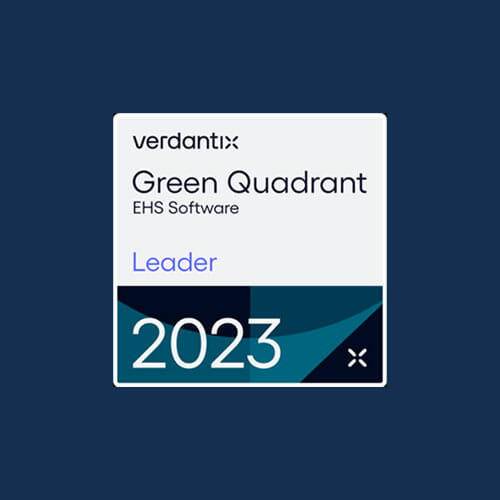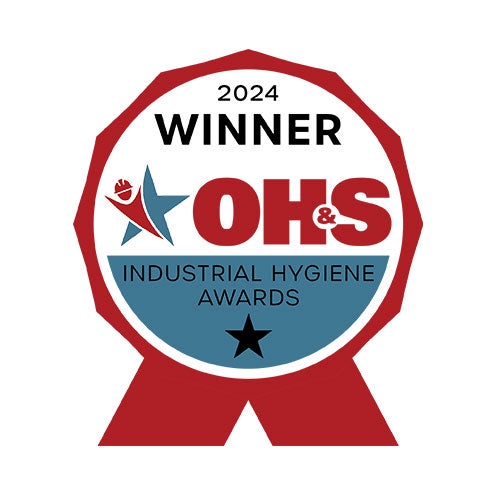As Cority’s international presence continues to grow, we’d like to introduce you to some members of our European team! In this installment we’re sitting down with Alex Hardwick, Solutions Engineering Manager, located in Sheffield, England.

Tell us a bit about yourself:
I joined Cority in August 2017 and was the first European-based solutions representative. Back then the team was much smaller, and it’s been great being a part of its growth. I have a Master’s in chemistry and physics and am a Practitioner Member of the Institute for Environmental Management (PIEMA) in the UK. Before joining Cority I was a software implementation consultant for 7 years at another EHS provider and prior to that I worked as a sustainability practitioner for a steel company. I live in Sheffield in the North of England, also known as Steel City – however, I can assure you it’s got a nice flare to it, but I might be biased!
What’s your current role at Cority?
I work with international clients in Europe, Australia, New Zealand, and various Arab states. As a Solutions Engineer, I help understand client’s problems and then figure out what tools we have in Cority to help them solve these problems. This entails scoping out the offer, demoing Cority’s solution, and showing the value Cority provides. I often get asked, ‘how would you do this and what have other clients done?’ In a nutshell, I’m part of the needs analysis right through to contract redlining which offers a lot of variety in my role.
What are some common EHS challenges that you see when talking to European clients?
Everyone thinks they’re unique when really a lot of people have the same issues. It’s interesting how different countries, even those within various regions of Europe, all function differently when it comes to business. I find that the UK, Australia, and U.S. have similar business structures and processes, whereas French, German, and Scandinavian countries have a strong emphasis on everyone being involved in the process. There’s a lot of participation from different people in the organization of all knowledge levels, whereas in most North American organizations typically only the EHS experts and tech roles are involved in the EHS software selection and implementation process.
Every country has a different philosophy on EHS and how teams work together. Safety to a Swedish person is different from Safety for a French person. I will say that overall, in Europe specifically, there’s a strong emphasis on risk management that is at the core of all EHS needs.
How does Cority differentiate from other European EHS software providers?
European organizations want a cutting-edge solution because they see themselves as already having a mature safety culture. They don’t want an old version of an EHS solution, they want new and top-of-the-line software which Cority can provide them. Clients also want a solution that will grow with them and the collaborative nature in how we work with all our clients is our differentiator. We assure them that Cority is going to continue to evolve and grow and can show them how our strategy, vision, and technology roadmap will carry them forward. Our mobile solution, myCority, is a great example of this growth.
“European organizations want a cutting-edge solution because they see themselves as already having a mature safety culture”
What is one of your biggest accomplishments at Cority?
The first word that comes to mind when I think about this question is growth. Cority’s International team is three times as big as it was when I first started, and it’s been great supporting and being a part of our expansion in the European market. I can’t wait to see where Cority will be in the next three years!
Learn More
To learn more from Alex and other Cority experts, join our Virtual European Roadshow taking place on June 23rd for an afternoon of networking with like-minded professionals and the Cority team, hear customers share their stories, and explore advancements across the HSE industry.














